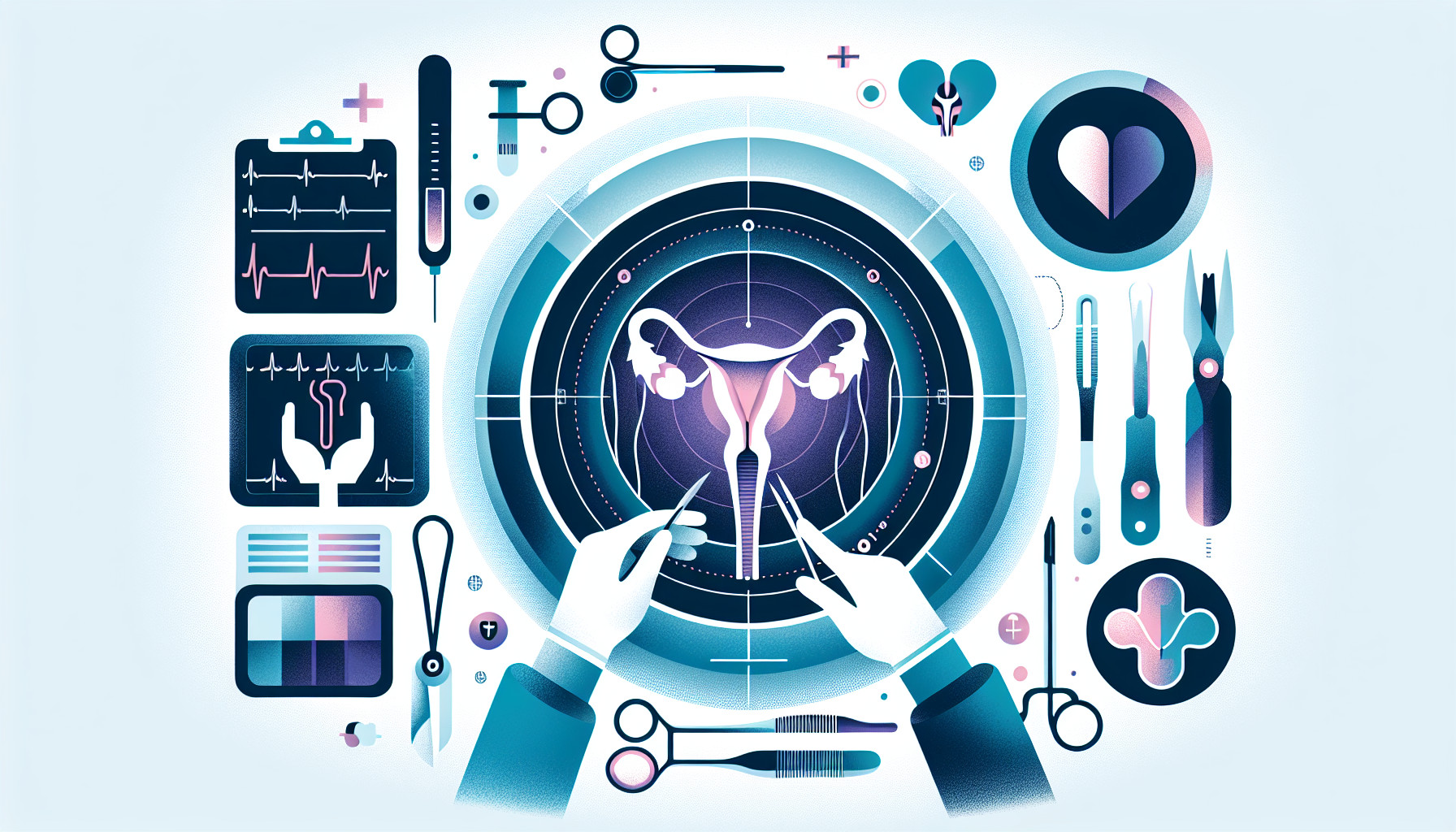Our Summary
This research paper is a review and analysis of previous studies on the treatment of varicoceles, a condition where the veins in the scrotum are enlarged, in infertile men. The aim is to determine whether treating this condition improves fertility.
557 studies were looked at, and 12 were chosen that involved 1,357 patients. The treatment methods used in these studies were either surgical or radiological.
The findings show that treating varicoceles can increase the chances of pregnancy and improve the concentration of sperm. However, there was no clear evidence that it improves the movement or shape of the sperm.
The most benefit was seen in men who already had abnormal semen analysis. The limitations of this review are the differences in the studies used, such as the population studied, the fertility of the partner, how outcomes were evaluated, and the lack of long-term findings.
In simpler terms, this paper suggests that treating enlarged veins in the scrotum of infertile men may improve their chances of fathering a child and increase their sperm count. However, the treatment may not improve the health or movement of the sperm. The studies used in this review have some differences, which may affect the results.
FAQs
- Does treating varicoceles improve fertility in infertile men?
- Does varicocele treatment increase the sperm count and the chances of pregnancy?
- Does the treatment improve the health or movement of the sperm?
Doctor’s Tip
A doctor might tell a patient undergoing varicocele surgery to follow post-operative care instructions carefully, including taking pain medications as prescribed, avoiding strenuous activities, and wearing supportive underwear to aid in recovery. They may also advise the patient to follow up with their healthcare provider for regular check-ups to monitor their progress and ensure optimal healing.
Suitable For
Overall, patients who are typically recommended varicocele surgery are infertile men with abnormal semen analysis, as they are more likely to benefit from the treatment in terms of increasing their chances of pregnancy and improving their sperm concentration. It is important for patients to discuss their individual case with a healthcare provider to determine if varicocele surgery is the right option for them.
Timeline
Before varicocele surgery, a patient may experience symptoms such as pain or discomfort in the scrotum, infertility, and a visible or palpable lump in the scrotum. They may undergo a physical examination, ultrasound, and semen analysis to diagnose the varicocele and assess their fertility.
After varicocele surgery, the patient may experience some pain and discomfort in the groin area, which can be managed with pain medication. They may be advised to rest and avoid strenuous activities for a few days. Follow-up appointments may be scheduled to monitor their recovery and assess any improvement in their fertility.
Over time, the patient may notice improvements in their symptoms, such as a decrease in pain or discomfort, an increase in sperm count, and a higher chance of conceiving a child. It is important for the patient to continue to follow up with their healthcare provider to monitor their progress and address any concerns.
What to Ask Your Doctor
Some questions a patient should ask their doctor about varicocele surgery include:
- What are the potential risks and complications of varicocele surgery?
- What is the success rate of varicocele surgery in improving fertility?
- How long is the recovery period after varicocele surgery?
- Will varicocele surgery improve the quality of my sperm?
- Are there any alternative treatment options for varicoceles?
- How soon after varicocele surgery can we start trying to conceive?
- Will I need to undergo any additional tests or treatments after varicocele surgery?
- How long will the effects of varicocele surgery last?
- What are the chances of the varicocele coming back after surgery?
- Are there any lifestyle changes I should make to improve my fertility after varicocele surgery?
Reference
Authors: Fallara G, Capogrosso P, Pozzi E, Belladelli F, Corsini C, Boeri L, Candela L, Schifano N, Dehò F, Castiglione F, Muneer A, Montorsi F, Salonia A. Journal: Eur Urol Focus. 2023 Jan;9(1):154-161. doi: 10.1016/j.euf.2022.08.014. Epub 2022 Sep 20. PMID: 36151030
